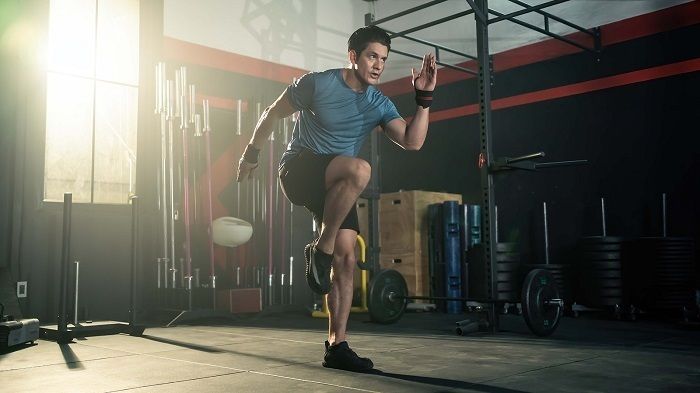What Key Areas Does a Functional Training Certification Program Explore
Functional training has gained immense popularity for improving real-life movement and strength. Many fitness professionals seek certification to deepen their knowledge. But what exactly does a typical functional training certification program cover? This article explores the core topics included in these courses. It also highlights the practical skills trainees can expect to develop. Understanding this can help aspiring trainers decide if this path fits their goals.
Foundations of Functional Movement
Every certification program starts by teaching the basics of functional movement. It covers how the body moves naturally in daily activities. Trainers learn about joint mobility, stability, and coordination. Understanding these helps design better workouts that mimic real-life motions. This section often includes anatomy lessons to explain muscles and joints. It sets the stage for everything that follows in the curso formacion entrenamientos funcionales.
Designing Functional Workouts
One of the main focuses is creating workout plans that improve practical strength. Trainers learn to combine different exercises for balance, power, and endurance. The goal is to help clients perform better in everyday tasks or sports. Programs teach how to progress exercises safely for all fitness levels. They also cover adapting workouts for specific needs like injury recovery. This skill is crucial for trainers who want to offer personalized coaching.
Equipment and Exercise Techniques
Training with the right tools is essential in functional fitness. Certification courses introduce common equipment such as kettlebells, resistance bands, and stability balls. Trainees learn the correct way to use each tool to maximize benefits and avoid injuries. Emphasis is placed on proper form and technique during exercises. This part often includes hands-on practice sessions. Knowing how to effectively use equipment sets functional training apart from traditional workouts.
Assessing Movement and Performance
Another vital topic is movement assessment. Trainers learn how to evaluate a client’s current physical condition. This includes identifying muscle imbalances, mobility restrictions, or poor movement patterns. Proper assessment helps tailor programs to fix weaknesses and prevent injuries. The course teaches various screening methods and tools for evaluation. This knowledge is key for creating effective, safe training plans.
Nutrition and Recovery Principles
Functional training certification also covers basics of nutrition and recovery. Trainers discover how diet impacts performance and healing. Guidance is provided on nutrition strategies that support muscle growth and energy levels. Additionally, recovery techniques such as stretching, foam rolling, and rest are discussed. Understanding these factors helps trainers support clients’ overall health. This holistic approach ensures clients reach their fitness goals sustainably.
Conclusion
The typical functional training certification program offers a well-rounded education. It dives into movement science, workout design, equipment uses, assessments, and recovery strategies. These core topics equip trainers to improve clients’ everyday functionality. The functional training course provides practical skills alongside theoretical knowledge. Aspiring trainers gain confidence to design safe, effective programs. This comprehensive training prepares them for success in the growing fitness industry.
